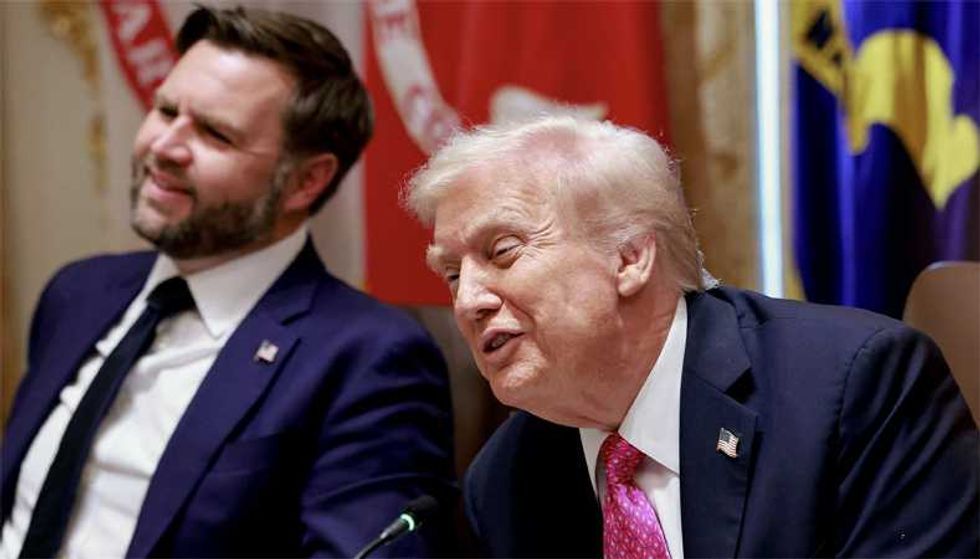UPDATE: U.S. lawmakers are taking decisive action to address the ongoing government shutdown that began on October 1, 2023, with new bills aimed at slashing their own salaries during this unprecedented crisis. As federal workers face financial turmoil, members of Congress are now under pressure to share the burden of this shutdown.
The shutdown, triggered by a Senate filibuster against a Republican funding bill, has left hundreds of thousands of federal employees furloughed without pay. Essential workers, including air traffic controllers and federal police officers, are forced to work without compensation. Meanwhile, Congress continues to receive their full salaries, which has sparked outrage among the public.
In response, lawmakers are proposing several measures to make their compensation contingent on the government’s operational status. Senator John Kennedy (R-La.) has introduced the Withhold Member Pay During Shutdowns Act, which would cut lawmakers’ salaries based on the number of shutdown days. Senator Lindsey Graham (R-S.C.) is backing a constitutional amendment that would suspend pay entirely during shutdowns, redirecting forfeited salaries to the Treasury to help reduce the national debt.
“If Members of Congress had to forfeit their pay during government shutdowns, there would be fewer shutdowns and they would end quicker,” Graham stated, emphasizing the need for accountability among lawmakers.
In the House, similar initiatives are underway. Representative Mike Kennedy (R-Utah) has introduced the No Work, No Pay Act of 2025, while Representative Angie Craig (D-Minn.) has filed the No Pay for Disarray Act. Additionally, Representative Derrick Van Orden (R-Wis.) is advocating for a constitutional amendment ensuring no pay for Congress during shutdowns.
The financial stakes are high. Lawmakers earn an annual salary of $174,000, translating to over $1,000 lost per workday during a shutdown if these measures pass. Representative Frederica Wilson (D-Fla.) is pushing the Government Shutdown Salary Suspension Act, which would extend salary cuts to the President and Vice President, ensuring that all top officials feel the impact of a government closure.
As Congress grapples with its responsibilities, President Donald Trump is growing impatient with the stalled negotiations. He urged Republicans to eliminate the filibuster, stating in a social media post, “Get rid of the Filibuster, and get rid of it, NOW!” Negotiations between Democratic and Republican leaders remain stagnant, with both sides at an impasse over issues such as the extension of the pandemic-era expansion of the Obamacare Premium Tax Credit.
Despite the deadlock, bipartisan efforts are emerging to prevent future shutdowns. Representatives Bill Huizenga (R-Mich.) and Scott Peters (D-Calif.) have introduced the No Budget, No Pay Act, which would withhold salaries from Congress during lapses in appropriations. Huizenga remarked, “If Congress can’t fulfill its most basic duty to pass a budget, it shouldn’t get paid.”
With the shutdown affecting critical federal programs like SNAP and leaving many federal workers in financial limbo, the urgency for a resolution has never been greater. As lawmakers debate their own compensation during this crisis, the nation watches closely, hoping for swift action that could alleviate the hardships faced by countless families.
Stay tuned for further updates as this situation develops.







